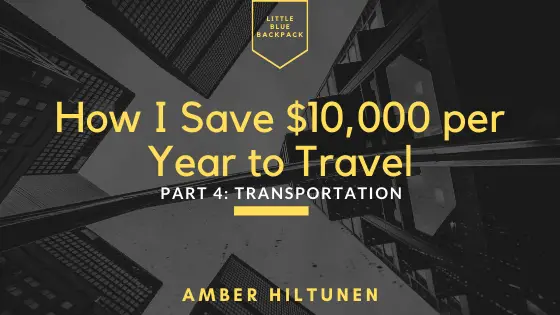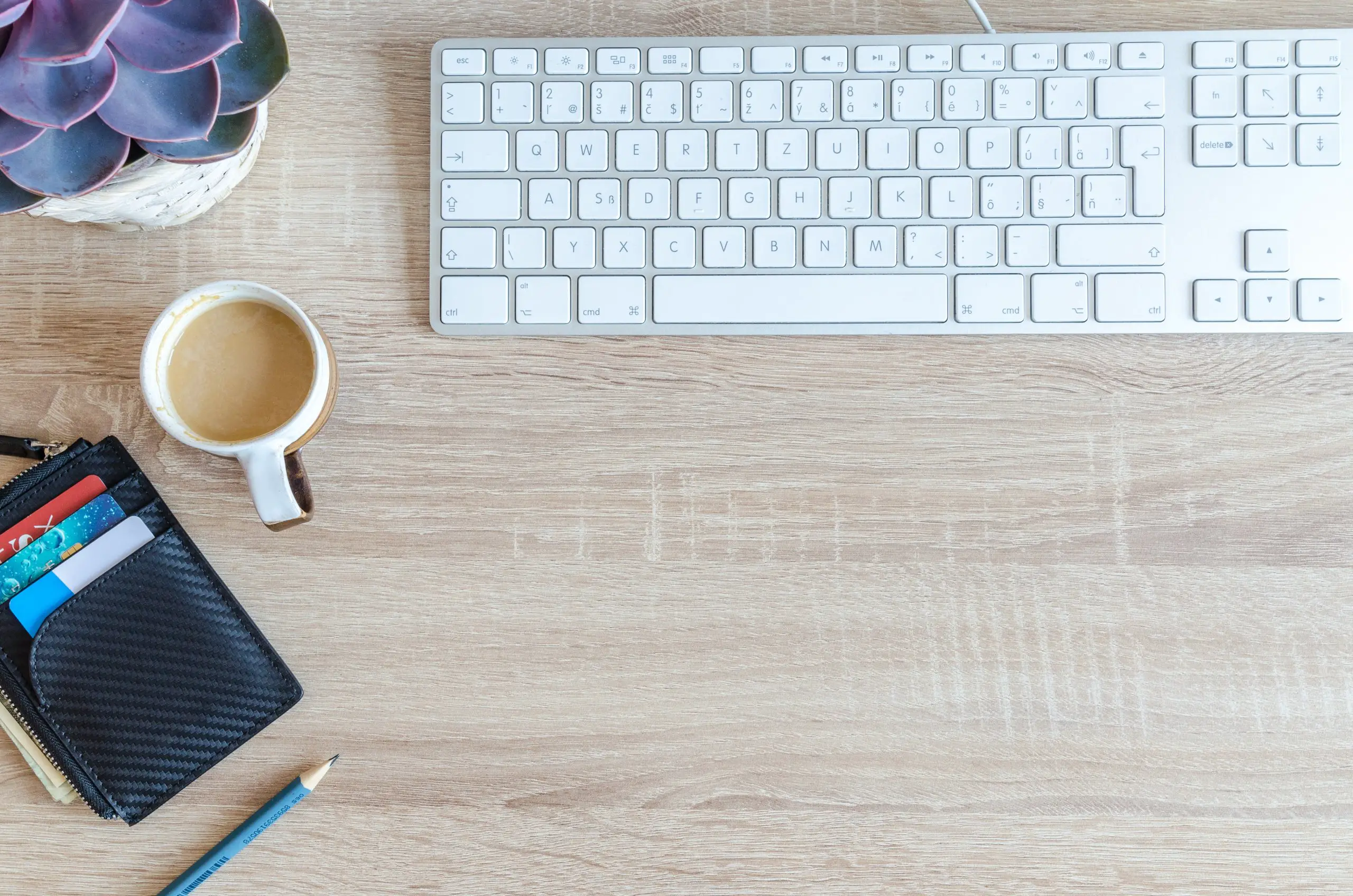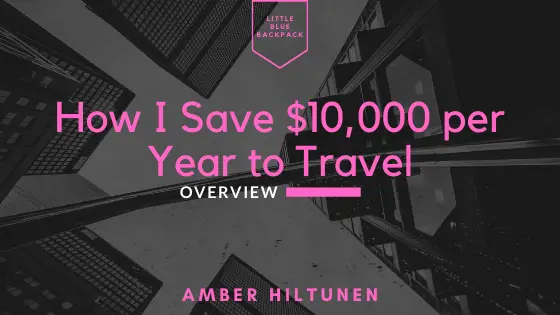In this save to travel blog series, I want to walk through how I afford a lifestyle that includes 10-12 trips per year. This is Part 5. It talks about how I plan for and use the “extra” money I receive throughout the year. What’s extra money? Think things like credit card points and taxes! Parts 1-4 are linked below; there will be a final wrap up which I will link as well.
Traveling lives with you forever and doesn’t get thrown away. And for me, it is a priority. The first two parts of this series are tools I use and the rest are rules I live by to make my lifestyle a reality.
PART 3: Avoid Unnecessary Expenses
PART 5: “Extra” Money
OVERVIEW: How I Save $10,000 per year for Travel
PART 5: Unexpected Cash
We all know money doesn’t grow on trees. Nobody hands out suitcases full of cash. We don’t get left anonymous fortunes as they do in the movies. And we haven’t won on Who Wants To Be a Millionaire. Cash tends to be a little tight. Always. But there are a few ways to find yourself with a little extra.
Now, I write “unexpected cash,” but that’s not entirely true. I do expect it. I just pretend I don’t! I never budget for these to hit my checking account so when they eventually do, it feels like maybe there really is money coming out of nowhere!
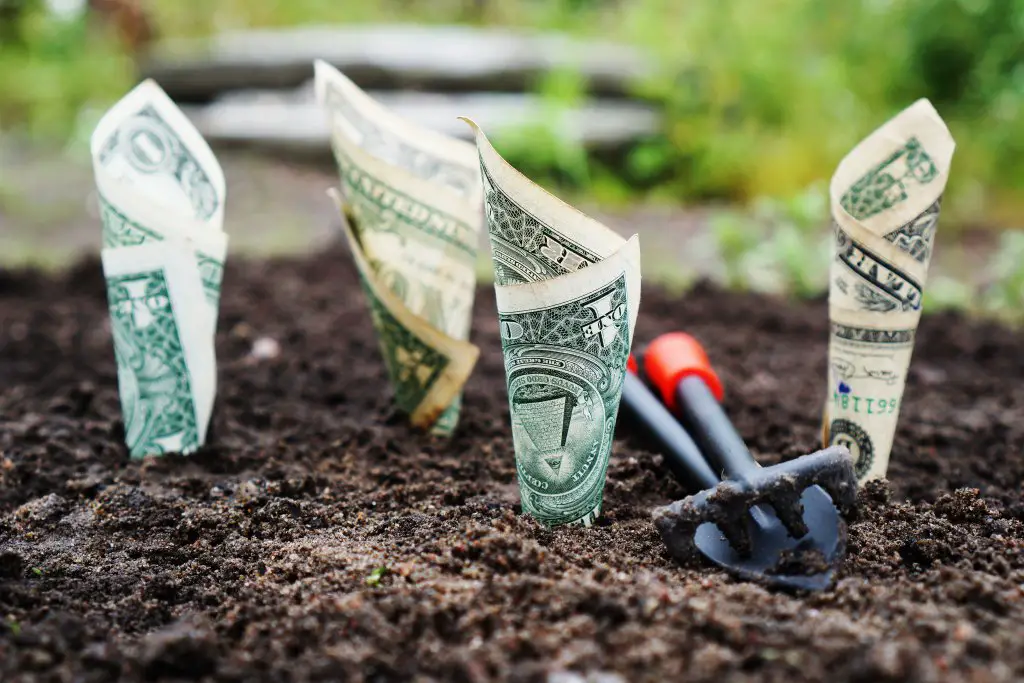
“EXTRA CHECKS”
If you are paid on a bi-weekly basis, you know what I’m talking about. Those two months of the year that happen to have three checks instead of two. Or maybe you didn’t even realize and thought your company just messes up from time to time. But since checks come bi-weekly for some of us, that accounts for 26 paychecks a year (52 weeks) vs. getting paid on the 1st and 15th and receiving 24. Totally awesome if you’re the former! Unfortunately, most of us don’t plan for the extra check. Once it’s come and gone, we think where’d that money go? The key (as ALWAYS with money) is planning.
HOW TO PLAN
- Step 1: WHAT DO YOU WANT? Determine where you want this extra money to go. (Hint: TRAVEL! But it’s also great for paying down debt, saving for a big purchase, or replenishing your emergency fund.)
- Step 2: WHEN IS IT HAPPENING? Go through your calendar and write down which months you will get three checks. Make a note or set a reminder on your phone.
- Step 3: SPEND WISELY & SAVE AHEAD WITH CHECKS ONE AND TWO. As you receive paychecks that month, use the first two to pay bills, add to your savings account, and set aside money for the upcoming mortgage/rent. You’ll also obviously spend money day-to-day on things like gas, food, going out with friends, etc.
- Step 4: THE HOLY THIRD PAYCHECK. Do NOT go out and spend it right away. Do NOT throw it all into savings or some other account. You’re still going to need money. Luckily, you can use what you set aside for the upcoming rent/bills so you don’t need to worry about that. But you do still need to function day-to-day, as well as pay any bills at the beginning of the next month. (Remember, you still aren’t going to get paid again for two weeks.)
Moral of the story? If you plan, MOST of your check WILL be extra cash. Once I know the mortgage, bills, and any additional spending is taken care of, I make sure my credit card is at $0, and maybe buy myself something I’ve been eyeing up. After that, the rest comes out to about $500 which I transfer right over to my Travel Goal in Qapital.
MONEY SAVED = $500 x 2 months/year = $1,000
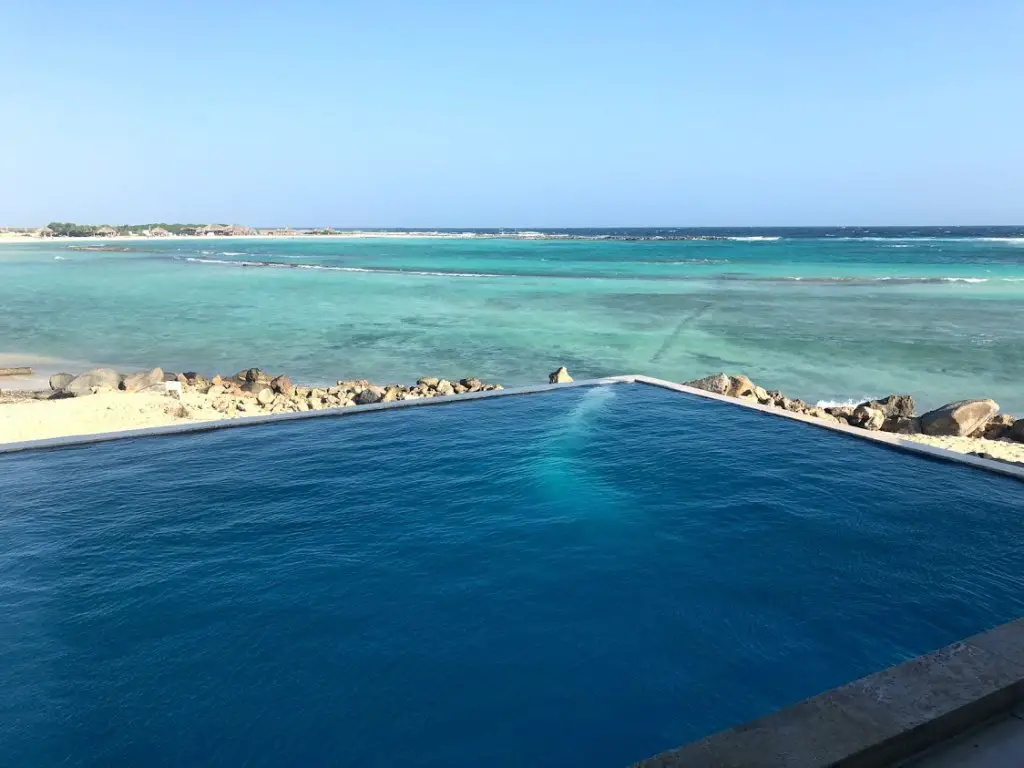
CREDIT CARD POINTS
I use my credit card for everything. Rarely do I use cash (unless I’m traveling) or my debit card. Why? The points (aka the free money!) I use a U.S. Bank credit card that gives me 1% back on every purchase, as well as 2% on two categories, plus 5% on one category of my choosing. Think things like gas, groceries, utilities, clothing stores, etc. There are tons of credit card options out there that you are able to take advantage of.
Tip: Make sure if you use this method, you hold yourself accountable for your budget. The key is paying off credit in FULL every single month. Or else this free money is just what you’re spending in interest.
The number I save fluctuates, but on average I’m earning over $50 per month that I can save to travel. And if I’m using a debit card or cash? This would be money down the tubes.
MONEY SAVED = $50 x 12 months = $600
TAXES
I currently get money back come tax season. And I don’t budget it. When I first get it, I do the same as I would with an extra check and pay off anything leftover on my credit card, purchase something I’ve been wanting, and then the rest goes directly to travel! I’ll use last year for my example, though obviously this changes, for what I was able to transfer over to my Qapital account.
MONEY SAVED = $1,000 per year
UNEXPECTED CASH FLOW
Full disclosure: this occurs few and far between. It’s not often you just have random money laying around. At least I don’t! But every once in awhile I come in under budget. Or I get a little cash for my birthday and Christmas. Plus hey, who doesn’t find a random $20 in their winter coat pocket from last year!? (I’m kidding, this has happened to me like once.) That said, as we know, small amounts ADD UP QUICK. Check out Part 3: Avoid Unnecessary Expenses to see just how quick. When this type of money comes in, it goes directly into my travel account.
MONEY SAVED = $200 per year
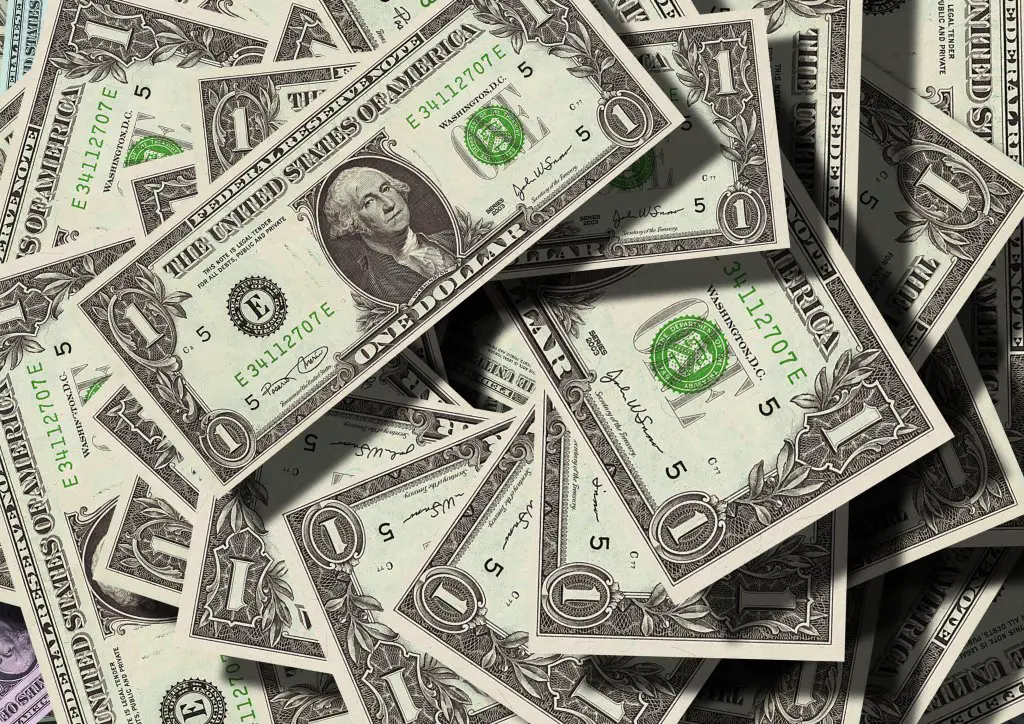
TOTAL SAVINGS: $1,000 + $600 + $1,000 + $200 = $2,800
That’s nearly $3,000 of effortless money I save to travel. Do I work for the extra checks? Of course. But my budget is based on two paychecks per month. Do I pay into taxes? Yes, obviously. But if they want to give me some back, I’m going to the beach! And as far as the credit card points and extra cash flow go, it would be pretty silly not to take advantage. It all comes down to planning ahead, not including them in your budget, and avoiding impulse buys once you have it.
Make it a Reward
I choose not to budget these because I want this money to be mine. Not my car insurance company, or the bank, or even Chipotle. I want to travel. That’s my reward. I use my consistent paychecks as means to function and live everyday life. But the rare instances of what we’re calling “unexpected cash” are perfect ways to save to travel and do what you love to do.
So where can you improve? In what areas can you plan in order to reap the reward of thousands of dollars that you’re currently earning, yet may not feel like it?
